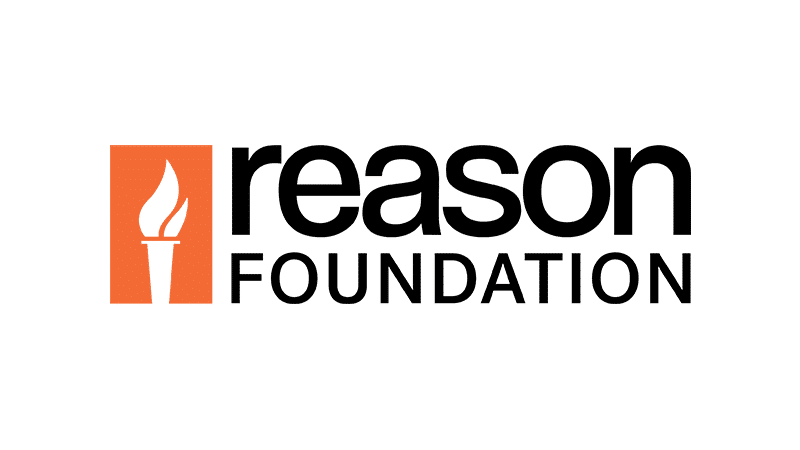Julian Morris is a senior fellow at Reason Foundation.
Morris is currently the director of innovation policy at the International Center for Law and Economics. He graduated from the University of Edinburgh with a master's degree in economics. Graduate studies at University College London, Cambridge University and the University of Westminster resulted in two further master's degrees and a Graduate Diploma in Law (equivalent to the academic component of a JD).
Morris is the author of dozens of scholarly articles on issues ranging from the morality of free trade to the regulation of the Internet, although his academic research has focused primarily on the relationship between institutions, economic development and environmental protection. He has also edited several books and co-edited the Electronic Journal of Sustainable Development.
Before joining Reason, Morris was executive director of International Policy Network, a London-based think tank which he co-founded. Before that, he ran the environment and technology programme at the Institute of Economic Affairs, also in London. Morris has also been a visiting professor in the Department of International Studies at the University of Buckingham (UK).
-
CAFE and ZEV Standards: Environmental Effects and Alternatives
Requiring manufacturers to comply with fuel economy standards, rather than using a more cost-effective alternative policy tool to achieve the same goals, likely harms the environment.
-
Opportunities and Regulatory Challenges for U.S. Marine Aquaculture Development
Aquaculture already produces half of the seafood that humans consume and that percentage continues to rise.
-
The World Health Organization’s Opposition to Tobacco Harm Reduction: A Threat to Public Health?
Why secrecy and a failure to embrace alternatives to smoking have the Framework Convention on Tobacco Control on a path to failure.
-
The Vapour Revolution: How Bottom Up Innovation is Saving Lives and Prospects for India
The vapour revolution has the potential to improve and extend tens of millions of lives in India.
-
The Paris Agreement: An Assessment
Examining the Paris climate deal and policy options that would better address the problem of climate change
-
Devastating Fires Show Forest Management Reforms Are Badly Needed
How to fix the management of forests in the Northwest to better prevent and fight wildfires
-
Assessing the Social Costs and Benefits of Regulating Carbon Emissions
New analysis finds carbon emissions may have a net beneficial effect, recommends setting social cost of carbon at zero
-
A Market-Based Approach From Australia Can Help Solve California’s Water Crisis
Here are six fixes California can implement based on Australia's successful water allocation system reforms
-
Assessing the Costs and Benefits of Renewable Portfolio Standards
A Guide for Policymakers
-
An Evaluation of the Effects of California’s Proposed Plastic Bag Ban
A plastic bag ban will cost consumers but won't improve the environment
-
How Green Is that Grocery Bag Ban?
An assessment of the environmental and economic effects of grocery bag bans and taxes
-
Smoking, Plain Packaging and Public Health
The introduction of "plain packaging" has done little to reduce demand for cigarettes in Australia
-
Parks 2.0: Operating State Parks Through Public-Private Partnerships
Defining and applying the park operation public-private partnership (PPP) model.
-
Lobbying, Cronyism and Section 1705 Loan Guarantees
Why the Department of Energy should stop guaranteeing loans for green energy projects
-
Smart on Sentencing, Smart on Crime: Reforming Louisiana
How to safely reduce Louisiana's nonviolent prison population, implement fairer sentencing and reduce corrections spending
-
The Limits of Wind Power
Very high wind penetrations are not achievable in practice due to the increased need for power storage, the decrease in grid reliability, and the increased operating costs
-
How the IPCC Reports Mislead the Public, Exaggerate the Negative Impacts of Climate Change and Ignore the Benefits of Economic Growth
Study finds climate change panel ignores its own findings and pushes plans that will prolong poverty for developing nations


